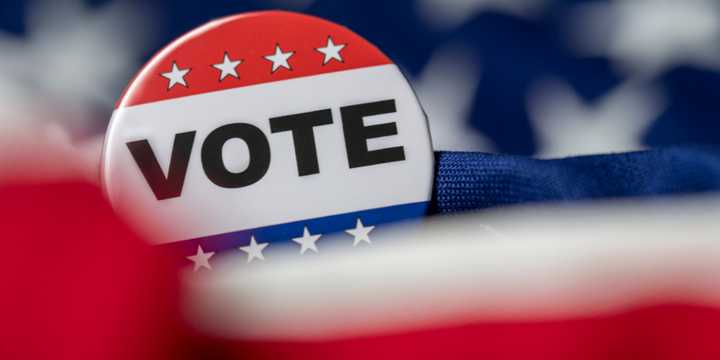On Thursday, Sept. 5, New York Attorney General Letitia James released an online guide to help voters identify and report AI-generated “deepfakes” that can create videos depicting politicians saying or doing something they never did.
Misinformation can also deceive voters on things like eligibility to vote, and where, when, or how to vote.
“New Yorkers deserve to be well-informed, not misinformed, about their choices for the upcoming November elections,” James said.
“AI-created deepfakes that spread lies about candidates, policy proposals, and even where New Yorkers can access the polls all represent a dangerous threat to democracy. The guide my office created will be a useful resource to help voters better identify AI-generated misinformation, and to empower them to arrive at the polls with accurate information about the elections and the candidate they wish to support.”
James urged New Yorkers to “be more careful” about where they get their election information.
She offered the following tips to avoid falling victim to AI-generated misinformation related to elections:
- Consult New York state and local boards of elections for information and questions about where, when, or how to vote, as well as your eligibility to vote. The OAG will operate an Election Protection Hotline, which voters can contact to ask questions and file complaints during the voting period.
- Do not rely on chatbots to answer questions about elections or voting.
- If you encounter social media content that you think is a deepfake, report it on the platform.
- If you come across information about elections or voting from unofficial sources, verify it with official sources and encourage others to do the same.
- Be skeptical of images, audio, and video circulating online about the elections, candidates, or their campaigns. If you see emotionally charged, sensational, and surprising content, be especially cautious. Remember that it may be fake.
- Do not share content that you suspect may be fake unless you can verify that it is real.
- Deepfakes can leave clues showing they are fake, but the technology is getting better all the time and fakes are harder to spot. The absence of clues is not a guarantee that the content is real.
- Although sometimes there are disclosures that content is AI-generated, often AI-generated content is not labeled as such.
- There are tools for detecting AI-generated content, but these are not always accurate.
- If you receive a phone call with information about voting or elections, be mindful that the information may be inaccurate or fake. Remember to verify information with official sources.
- Report misinformation about elections or voting to our office.
Anyone who suspects misleading or inaccurate election information is asked to file a complaint with the New York State Attorney General’s Office.
Click here to follow Daily Voice Yonkers and receive free news updates.
